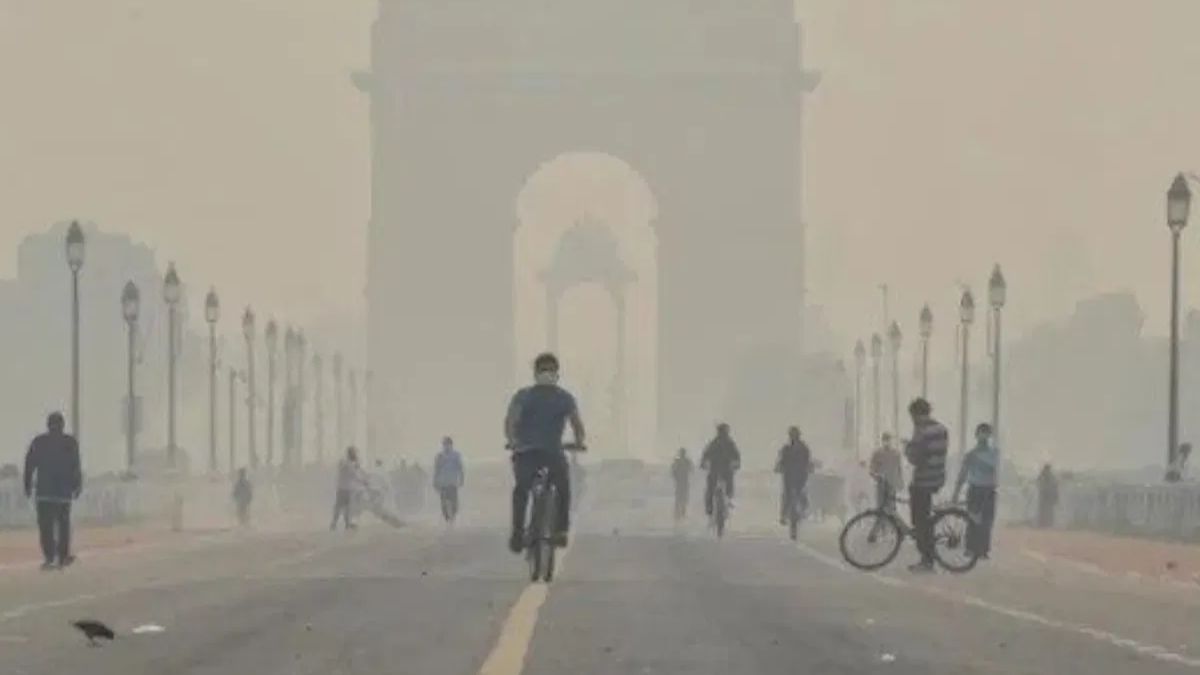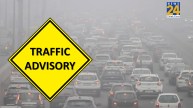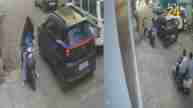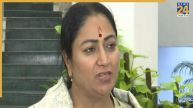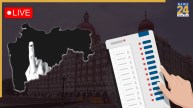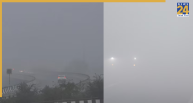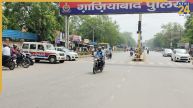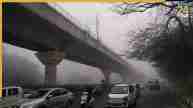A dense layer of smog blanketed the national capital on Friday morning, leading to deteriorating air quality categorized as ‘Very Poor.’ According to the System of Air Quality and Weather Forecasting And Research (SAFAR India), Delhi’s Air Quality Index (AQI) reached 346 at 7 AM. Several areas in the city recorded ‘severe’ air quality, with Ashok Vihar registering an AQI of 430, and the T3 terminal reporting a staggering 473 as of 7 AM, according to data from the Central Pollution Control Board (CPCB).
Due to the severe pollution levels, authorities have decided to close schools. Delhi’s Chief Minister, Arvind Kejriwal, announced, “In light of the rising pollution levels, all government and private primary schools in Delhi will remain closed for the next 2 days.”
In light of the rising pollution levels, all govt and private primary schools in Delhi will remain closed for the next 2 days
— Arvind Kejriwal (@ArvindKejriwal) November 2, 2023
---Advertisement---
Additionally, if you own BS-3 petrol or BS-4 diesel cars in Delhi, it’s time to leave them behind and opt for public transportation. The Transport Department has imposed a ban on these vehicles in Delhi. According to an order issued by Transport Department Deputy Commissioner Yogesh Jain, owners of BS-3 petrol or BS-4 diesel four-wheelers found in operation will face a fine of Rs 20,000. Delhi has approximately 2,07,038 BS-3 petrol vehicles and 3,09,225 BS-4 diesel vehicles.
A total of five lakh such vehicles are registered in Delhi, contributing significantly to pollution in the city. To combat rising pollution levels, the National Air Quality Commission has directed the promotion of electric and CNG-powered public vehicles in Delhi and the NCR region. Additionally, from November 1, only BS-6 class buses from the NCR region are permitted to enter Delhi, following orders from the Air Quality Management Commission.
BS-3 petrol vehicles (registered before April 1, 2010) and BS-4 diesel vehicles (registered before April 1, 2020) will no longer be allowed to operate in Delhi. The Transport Department has deployed 114 teams to enforce action against polluting vehicles. However, vehicles engaged in emergency services and government work are exempt from this ban.
In essence, Bharat Stage (BS) standards are government-regulated emission standards that control the level of air pollutants emitted by motor vehicle engines in India. These standards, implemented by the Central Pollution Control Board under the Ministry of Environment and Forests and Climate Change, have been continuously tightened since their initial introduction in 2000. BS standards determine the permissible level of pollution from vehicle engines, effectively controlling the emissions of harmful pollutants.
Also Read: PM Modi To Inaugurate ‘World Food India 2023’ To Celebrate Indian Cuisine And Agri-Food Industry

